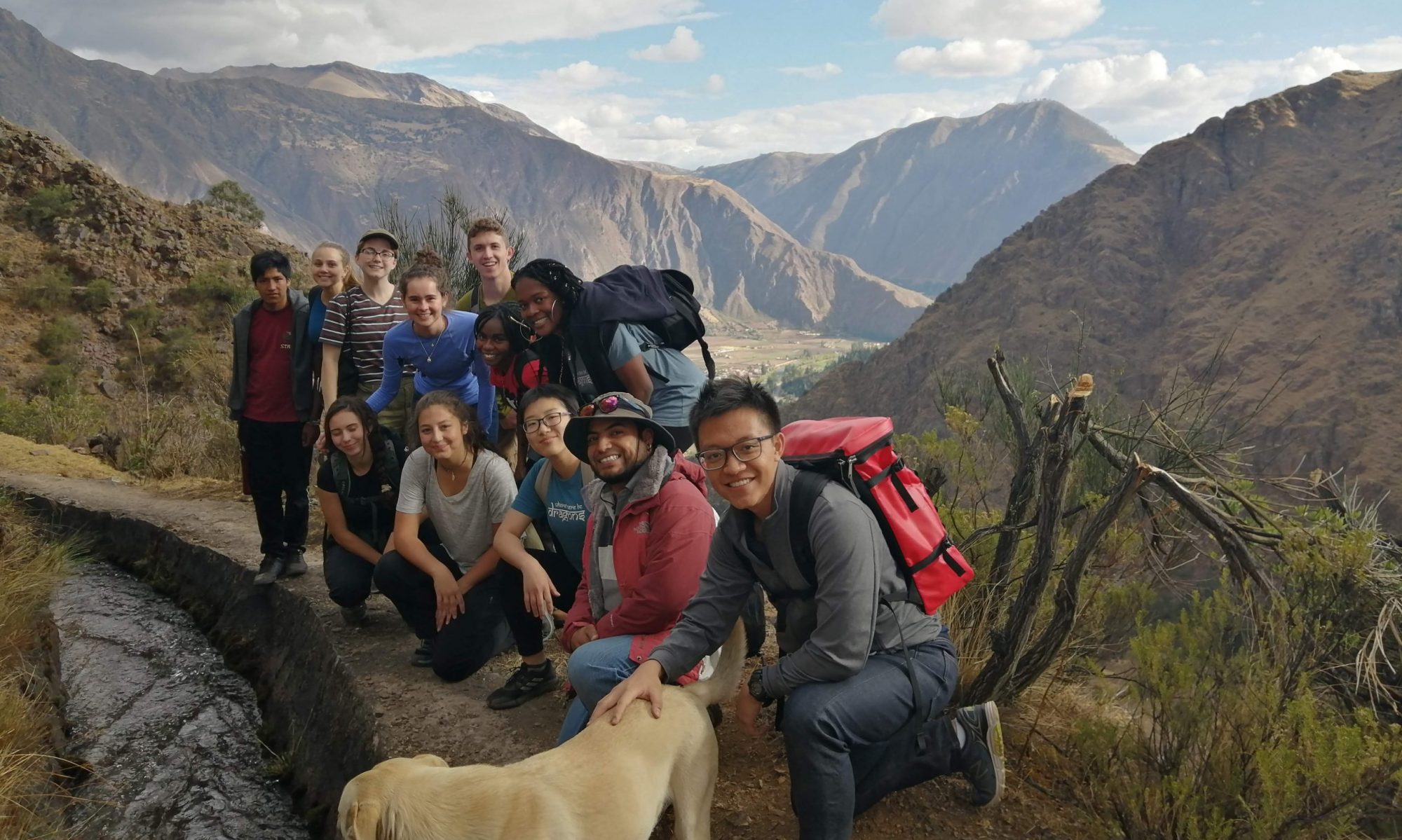By Alex, Tufts 1+4 Participant
When thinking about what to get as a gift for my host family, my mind immediately went to peanut butter. There may not be any food condiment more quintessentially American than the creamy golden colored substance made from crushed peanuts and sugar. Peanut butter just doesn’t have the same tang anywhere else. It is the United States’ crown jewel: whether you are a Skippy or JIF fan, peanut butter forms a common bond between Americans. While American cuisine may be lacking, we can proudly call ourselves the founders of peanut butter. I knew I wanted my Indian host family to experience its deliciousness and get a taste for my childhood, as I had grown up eating peanut butter.
So 8,401 miles later, I finally gave my host family the prized peanut butter that had fortunately not been confiscated during customs. We arranged to have a formal taste test on that Thursday, and that morning, I eagerly woke up early and took my usual seat at the dining room table facing the window’s swaying palm trees.
I’m not a great cook, but I can proudly boast about making mean peanut butter toasts. As I began to lay out my ingredients, my host mom started to make her everyday chai. While I added cinnamon and honey to the peanut butter, my host mom added masala chai spices and ginger to her teapot. While I chopped bananas, my host mom poured steamed milk into the chai mixture. Finally, when I finished preparing plates with peanut butter and jelly, and peanut butter, banana, cinnamon, and honey, she added two spoonfuls of sugar each to five cups. Together, we crafted a breakfast I’ll always remember.
One by one, each member of my family came downstairs and enthusiastically grabbed pieces of toast before I could describe what I had created. As they took their first bites, I could see surprise turned to pleasure on their faces while I explained to them that this was a typical American snack. My host father jokingly told me that Indians typically didn’t eat sweet things for breakfast while I replied that sadly Americans did. My host sister Pritti declared her new love for peanut butter and stuck her finger into the jar, reminding me of one of my grandfather’s old habits. Pranoti added some ghee (a quintessential Indian condiment) to the toast, making it her own. While we continued eating our meal, I realized my role and my host family’s role reversed. I had been the one trying different foods daily and discussing the differences or similarities between Indian and American meals. Now, for the first time, they were getting a taste of how I had been feeling.
Food bridges cultures. My host mother’s careful preparation of chai, the staple Indian drink, paired with a classic American meal exemplified this notion. Through the taste of her masala chai, I am in India. Through peanut butter, I am in the United States. With both, I am on my bridge year.


